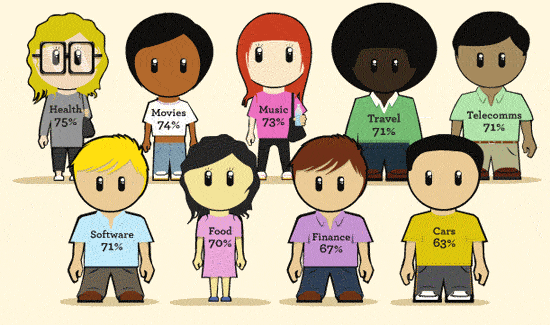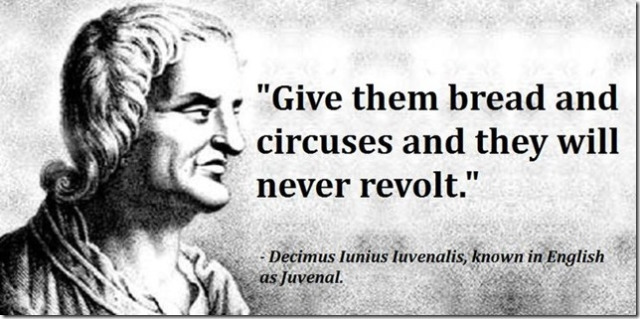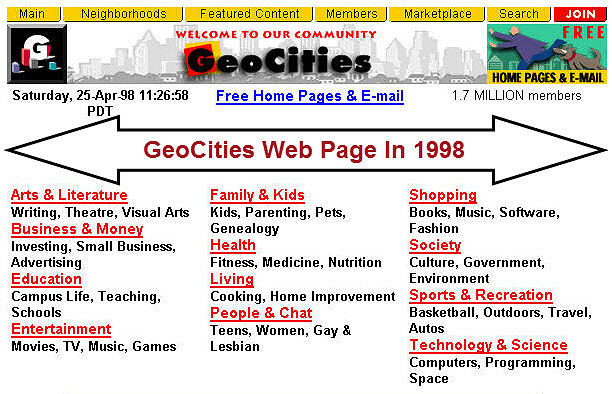
In Industrial Society and its Future, author Ted Kaczynski analyses at length the psychology of the modern leftist. One of the phrases he uses is ‘oversocialisation’. It’s necessary to understand this concept if one is to understand Clown World behaviour.
‘Socialisation’ is what psychologists call the process of being conditioned into one’s place in society. The human animal has changed little over the past 20,000 years, so all babies are born savages. Only by a lengthy process of mimicry and conditioning, spanning many years, do they learn to behave in a manner acceptable to civilisation.
During the socialisation process, people learn to resist their natural violent and sexual impulses. We learn to seek consent before engaging in either. We even learn to pre-empt violence by being polite and forgiving. The socialisation process transforms us from barbarian to civilised.
Many behavioural problems stem from being undersocialised, particularly with regards to the aforementioned violent and sexual impulses. A person who is undersocialised may not be aware that they cause harm to other people by forcing their urges on them, or they may not care. In this sense they are like wild animals.
However, as Kaczynski understood, many behavioural problems also stem from being oversocialised. It has been noted elsewhere that the socialisation process creates an urge to conform. Problems arise in Clown World society because people are more socialised than ever. This has led to a stronger urge to conform than ever.
Before Clown World, people did many more things to unsocialise themselves. They went hiking, hunting, fishing, camping or just for a walk by themselves through their neighbourhood streets. This time away from other people offered a chance to come back to reality, to be socialised by Nature.
There, they learned from observing the various animals, birds, fish and insects, and from observing the daily and the seasonal changes in the environment, how Nature works. Truths such as the fact that all forms are transitory, or that no two things are the same, or the importance of kin, became deeply internalised.
Even when at home, people used to spend much more time alone on account of that there was no social media to connect them to anyone else. A lot of that time was spent working on projects alone, with no-one observing and judging. The result of this moderate level of socialisation was a healthy, balanced self-esteem.
Today, a person is socialised through screentime from the moment they wake up to the moment they go to bed. The largest change of all is that they now get instant feedback on all of their thoughts and behaviours. As such, the average person worries more than ever before about what other people think of them.
This preoccupation with what other people think of them has led to an extreme form of neuroticism. This has had society-wide consequences. One of the most prominent is an increased psychological malleability. The average person is now so neurotic that the slightest sign of approval from an authority grants a powerful sense of relief. This conditions them to seek approval even harder.
The oversocialisation process has produced a large number of people who are completely unable to think outside the box, a generation of teacher’s pets. They are too afraid to say or do anything original in case someone expresses disapproval. This disapproval would represent a mortal wound to their egos.
As Kaczynski put it, “the oversocialized person is kept on a psychological leash and spends his life running on rails that society has laid down for him.” It can be understood from this that oversocialisation is akin to a form of brainwashing. Clown World is – even though it’s not spoken aloud – a totalitarian system, and as such it seeks to control every last thought of its subjects.
Explaining oversocialisation goes a long way to explaining why there are so many baizuos, gutmenschen, soyboys and other weaklings in Clown World. Many of these people would have been normal if they’d spent more time in the wilderness hiking or hunting. But because they have always been immersed in the urban world, the natural world is known to them only by YouTube.
It’s not that the world needs more violence and uninvited sexuality. What it does need is a higher quality of socialisation, instead of quantity. Instead of a paranoid state of permanent moral alertness, we need to learn to know ourselves, so that we can intelligently transmute our impulses into correct action.
The chief problem is that the rulers of Clown World are perfectly happy with oversocialisation. In a society as corrupt as this one, the greatest threat to the ruling class comes not from the outside, but from the people. So the rulers are more interested in keeping the masses down than they are in strengthening the nation to resist external threats.
The answer is not anarcho-primitivism but a return to a more nature-based way of living. Clown World will end sooner or later, probably when the cheap oil runs out, which will make big city consumerism impossible. This might see the population of the West move out of the cities and spread across the land, going back to a village model.
*
This article is an excerpt from Clown World Chronicles, a book about the insanity of life in the post-Industrial West. This is being compiled by Vince McLeod for an expected release in the middle of 2020.
*
If you enjoyed reading this essay, you can get a compilation of the Best VJMP Essays and Articles of 2019 from Amazon for Kindle or Amazon for CreateSpace (for international readers), or TradeMe (for Kiwis). A compilation of the Best VJMP Essays and Articles of 2018 and the Best VJMP Essays and Articles of 2017 are also available.
*
If you would like to support our work in other ways, please consider subscribing to our SubscribeStar fund. Even better, buy any one of our books!



